#my night at maud's
Text
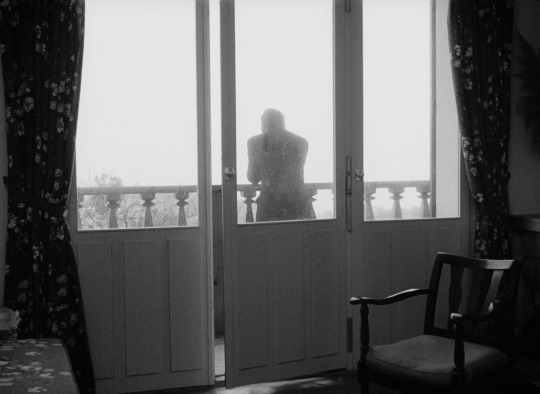
My Night at Maud's (Éric Rohmer, 1969)
12 notes
·
View notes
Text
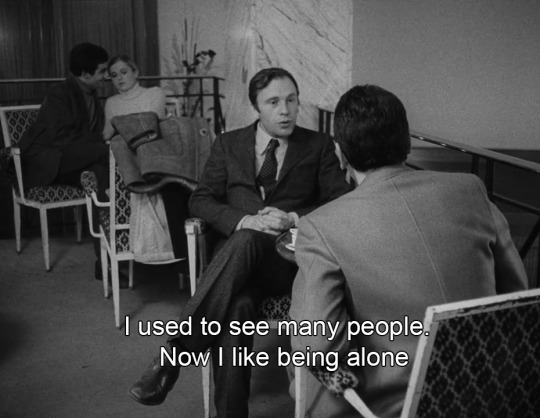
Éric Rohmer, My Night at Maud's (1969)
33 notes
·
View notes
Text
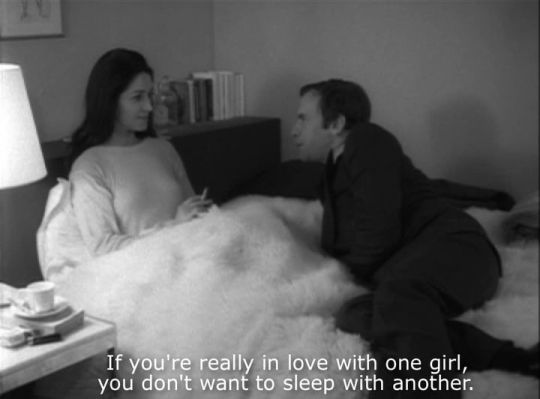
My Night at Maud's (1969), dir. Éric Rohmer
17 notes
·
View notes
Text


#love in the afternoon#eric rohmer#french new wave#zouzou#bernard verley#old french film#film stills#60s film#70s film#movie stills#my night at maud's#the green ray#la collectionneuse#french film#french culture#french icon#french cinema#french girl#film quotes#quotation#existentialism#philosophy#jean luc godard#anna karina#old films#70s icons#70s cinema#70s movies#70s fashion#frenchnewwaves
29 notes
·
View notes
Photo
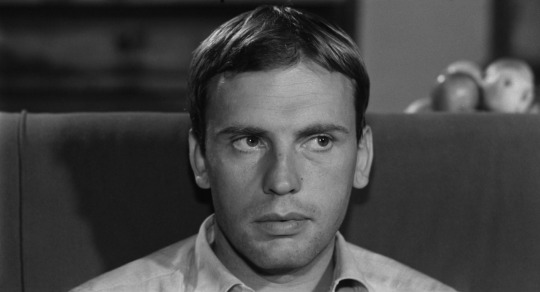
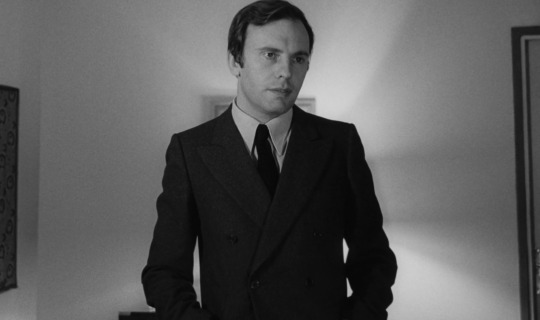
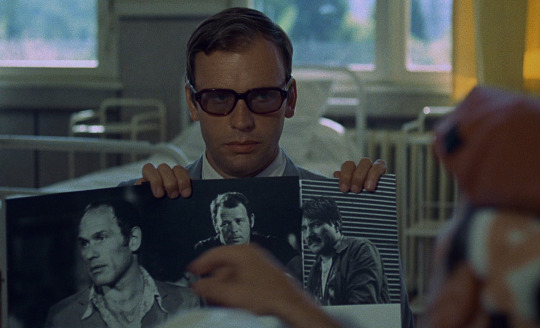
Jean-Louis Trintignant (December 11, 1930 – June 17, 2022).
#RIP#Jean Louis Trintignant#1930-2022#Il Sorpasso#Dino Risi#My Night At Maud's#Ma nuit chez Maud#Éric Rohmer#Z#Z (1969)#Costa Gavras
75 notes
·
View notes
Text
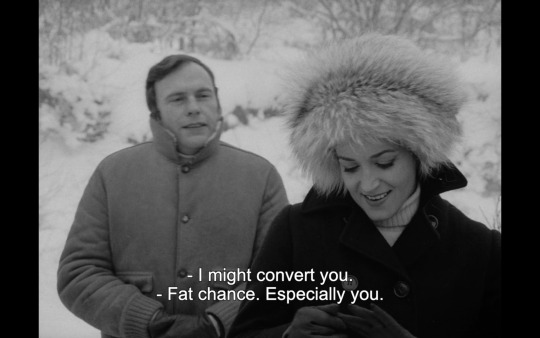
My Night at Maud's (1969)
5 notes
·
View notes
Text
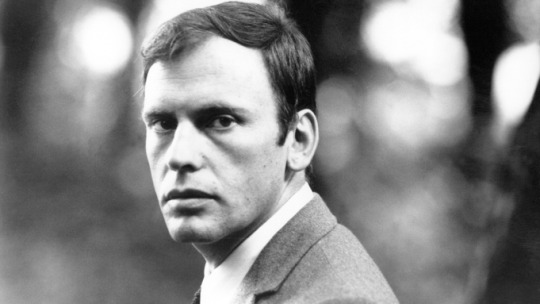
Rest in peace, Jean-Louis Trintignant (1930-2022).
#jean-louis trintignant#rest in peace#il sorpasso#z#my night at maud's#the conformist#three colours: red#the city of lost children#amour
29 notes
·
View notes
Text
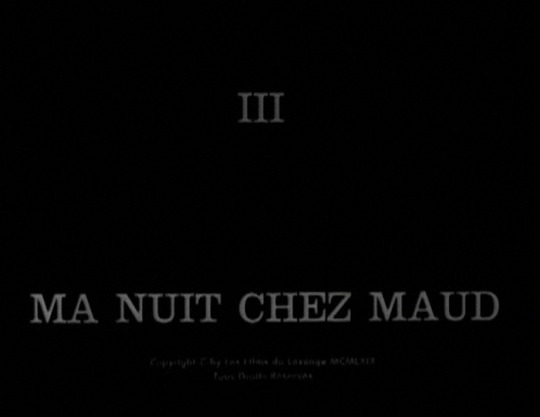
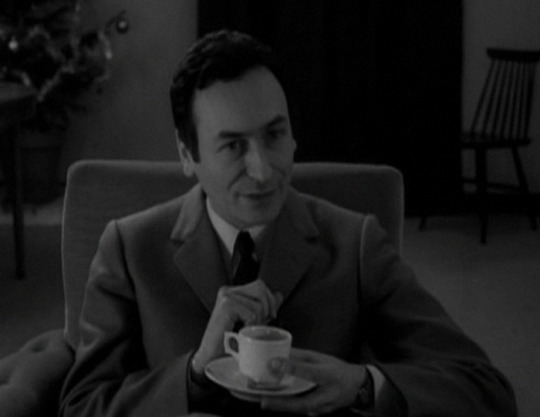
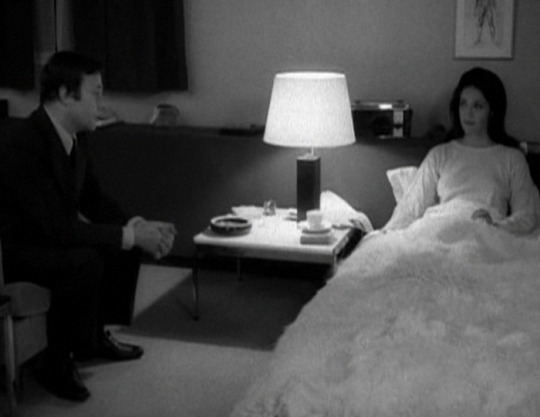
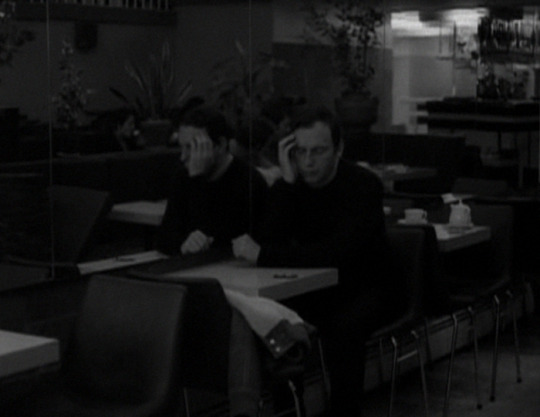
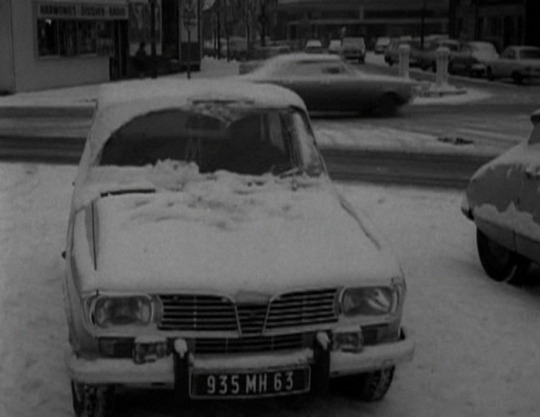
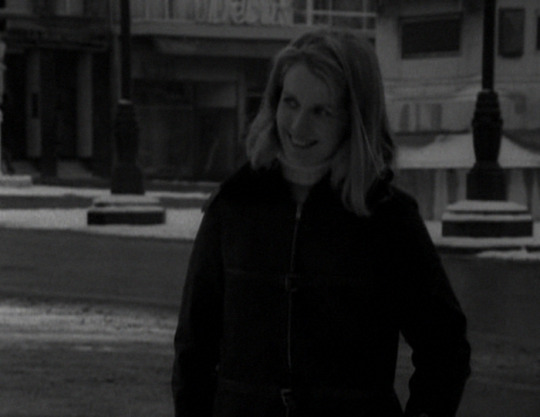
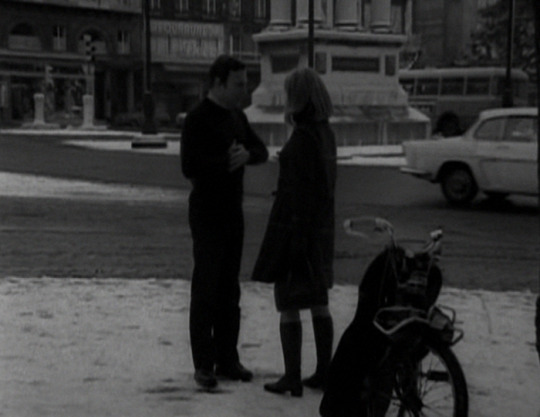
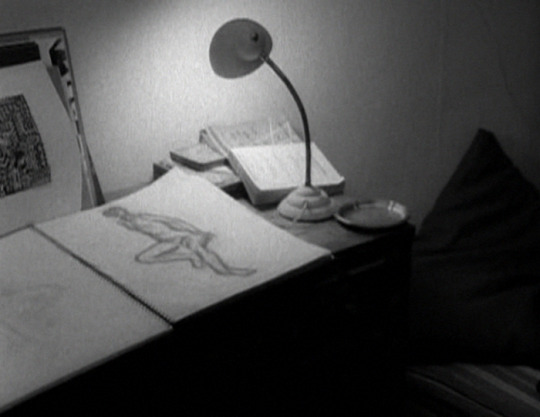
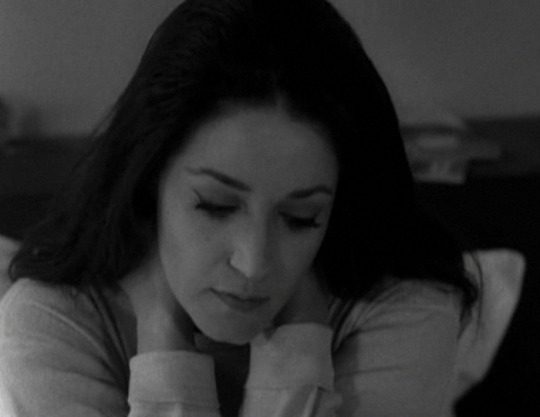
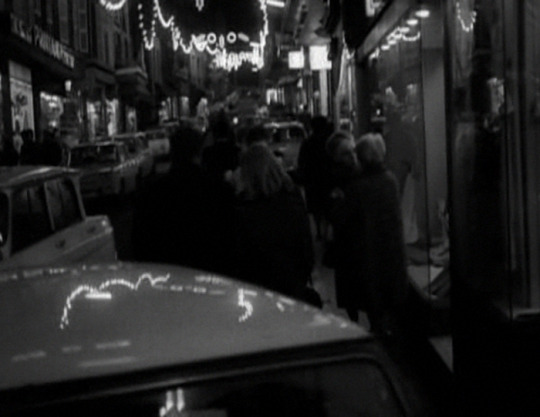
Ma nuit chez Maud
Éric Rohmer
France, 1969
★★★★
I'm not sure but Pascal might lead to trouble.
4 notes
·
View notes
Text
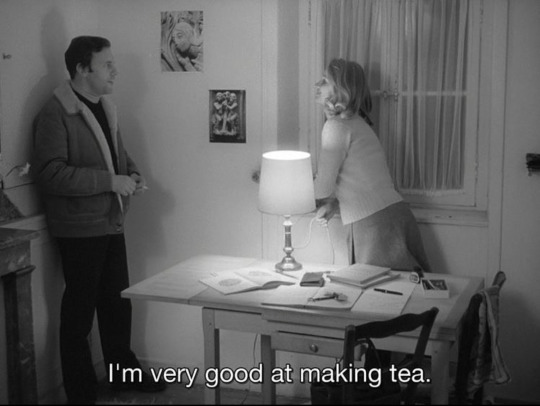
7 notes
·
View notes
Text
Oh no, Silence has left us! Rest In Peace Jean-Louis Trintignant! The Great Silence is one of my all time favorite films!

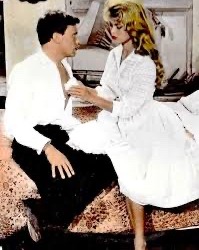




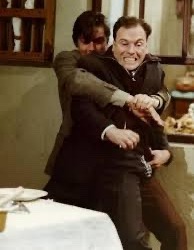



#jean louis trintignant#the great silence#happy end#amour#and god created woman#a man and a woman 20 years later#a man and a woman#z#my night at maud's#the conformist#the last train#the easy life#the best years of a life#French cinema#actor#icon
19 notes
·
View notes
Text
My Night at Maud’s [Ma nuit chez Maud] (1969)
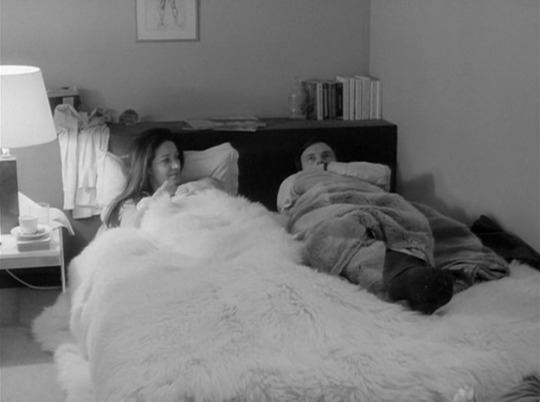
Rohmer’s moral tale presents a study in contrasts, unfolding across two nights. Night one is an intellectual one, framed with the facade of hedonism. Reluctantly hauled along by his friend Vidal, Jean-Louis meets the freewheeling Maud, who has recently divorced and has choice thoughts on marriage and religion at large. The mathematics-fixated Catholic fights a flaccid battle over Pascal and ideology before finding himself alone with this free-thinking woman. He doesn’t reject her proposition to stay, but doesn’t come out of his shell, either, instead self-burritoing in a blanket and lying stiffly next to her all night.
A mulligan attempt comes in night two. Fixated on Jansenist predestination notions, Jean-Louis latches onto the blonde he’s spotted at Mass now and again, insistent on realizing their love for one another. He ends up exactly opposite to his situation with Maud, stiff and swaddled, but this time alone in the guest room rather than sharing a luxurious bed. One is always hot and the other cold, yet somehow it works out in this latter sense. At least on the surface. They pronounce love for one another almost immediately despite all other better assurances.
THE RULES
SIP
Someone says ‘Catholic’.
Pascal is mentioned.
Someone bids others goodbye.
Call-and-response in Mass.
BIG DRINK
Anxiety-inducing driving.
Math books!
The film changes to a new location.
#drinking games#my night at maud's#éric rohmer#drama#french cinema#jean-louis trintignant#françoise fabian
2 notes
·
View notes
Text
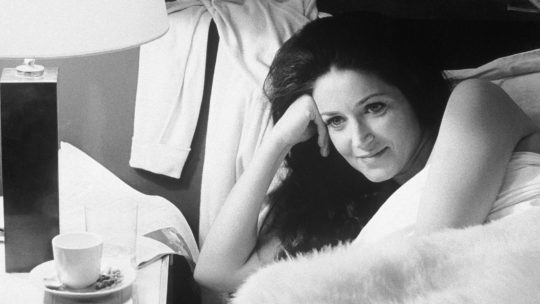
Françoise Fabian in My Night at Maud's (Éric Rohmer, 1969)
Cast: Jean-Louis Trintignant, Françoise Fabian, Marie-Christine Barrault, Antoine Vitez, Léonid Kogan, Guy Léger, Anne Dubot. Screenplay: Éric Rohmer. Cinematography: Néstor Almendros. Production design: Nicole Rachline. Film editing: Cécile Decugis.
A moral tale: Once upon a time, a brave and chaste knight saw a fair young lady in church, and wished that she were his. The devil, hearing this, arranged for the knight to be tempted by a beautiful sorceress. But when the knight resisted the carnal temptations of the sorceress, he was rewarded with the love and the hand of the fair young lady. Éric Rohmer's moral tale: Jean-Louis (Jean-Louis Trintignant), an engineer who has recently moved to Clermont-Ferrand, is an intellectual Catholic, determined at the age of 34 to settle down and get married after several failed love affairs. At mass one day he sees a beautiful young woman (Marie-Christine Barrault), and longs to get to know her. Leaving the church, he sees the woman get on a moped, and he follows her in his car until they are separated by traffic. Jean-Louis runs into an old friend, Vidal (Antoine Vitez), a philosophy professor and a Marxist, who takes him to see his friend, Maud (Françoise Fabian), a divorcee. Vidal gets drunk and leaves early, and when it begins to snow heavily, Jean-Louis stays to spend the night with Maud. But they do little more than talk -- about his Catholicism, about the philosophy of Pascal, about his life and hers. She and her husband were unfaithful to each other, and her lover was killed when his car skidded on the ice -- one reason she forbids Jean-Louis to drive in the snow. They literally sleep together: She in the nude, he fully clothed and wrapped in a coverlet she lends him, though both are in the same bed. In the morning he makes a pass at her that she brushes off, and as he looks out the window he sees the young woman he saw at mass, and runs out to introduce himself to her. Her name is Françoise, and she is a student at the university where Vidal teaches. They make a date for later in the day, and afterward he drives her home to her student apartment. Stuck in the snow again, he spends the night, but not in her room: She gives him a key to the apartment of another student who is away. Five years later, they are married and taking their young son to the beach, when they meet Maud on the path. Jean-Louis realizes from Françoise's reaction that she knows Maud -- in fact, Françoise, who has confessed that she had an affair with a married man, may have been the lover of Maud's husband. This is the third of Rohmer's "Six Moral Tales," and perhaps the most successful: It was nominated for Oscars for Rohmer's screenplay and as the best foreign-language film. But a lot of critics and viewers found it insufferably talky in that peculiarly French over-intellectualized way -- a curious objection to a film that features four attractive actors and a strong emphasis on sex. And the talk is far wittier than anything you're likely to hear in a movie today.
1 note
·
View note
Text
578 to go
Kind Hearts and Coronets (1949, dir. Robert Hamer): With Alec Guiness playing eight different roles I kind of expected this movie to be wackier but it was still great fun.
L’Argent (1983, dir. Robert Bresson): This is very sparse, minimalist filmmaking and it’s an approach I can appreciate but something about this movie just left me kind of cold.
Withnail & I (1987, dir. Bruce Robinson): I don’t understand the appeal. Also this movie has the most aggressively predatory gay character I think I’ve ever seen in a comedy? Gross.
Broadcast News (1987, dir. James L. Brooks): I love this kind of romance where it’s about more than just the love story. I might also be in love with Holly Hunter now.
The Wolf Man (1941, dir. George Waggner): The main character is a monumental creep, I feel like maybe he deserves to be cursed actually.
Hombre (1967, dir. Martin Ritt): I do love a good deconstructionist western. Though the sympathy for the plight of Native Americans still stops short of giving any of them speaking roles.
The Sweet Hereafter (1997, dir. Atom Egoyan): Everything here - the setting, the characters, the score - coalesces so perfectly to tell a story about an unspeakable tragedy.
My Night at Maud’s (1969, dir. Éric Rohmer): Either I couldn’t adopt the right perspective or I’m simply too stupid to get it lmao.
The War Game (1966, dir. Peter Watkins): What got me here more than anything were the repeated reminders that all of this has happened before. Absolutely devastating, I sure am glad the dangers of nuclear war have passed!
#1001 movies#kind hearts and coronets#l'argent#withnail & i#broadcast news#the wolf man#hombre#the sweet hereafter#my night at maud's#the war game
1 note
·
View note
Text

Okay I promise I’ll work on comms now- THEM….!!
(Me and @night-market-if ‘s ocs, Caliban and Maud)
1K notes
·
View notes
Text
R3DR4W!!:33:3:3:3:3

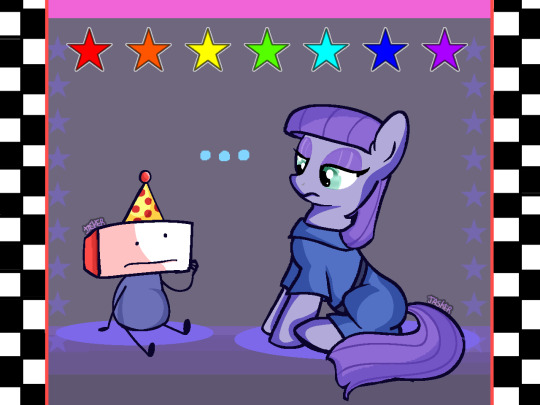


[old drawing here!!]
#mlp#my little pony#onaf#one night at flumpty's#birthday boy blam#maud pie#scene#scene kid#2010s#2010s internet#early 2010s#mlp g4#mlp fim#★jasker's art!#dni jonochr*me supporters
33 notes
·
View notes
Text
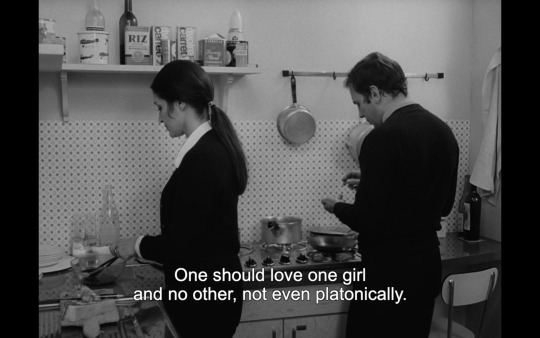
My Night at Maud's (1969)
3 notes
·
View notes